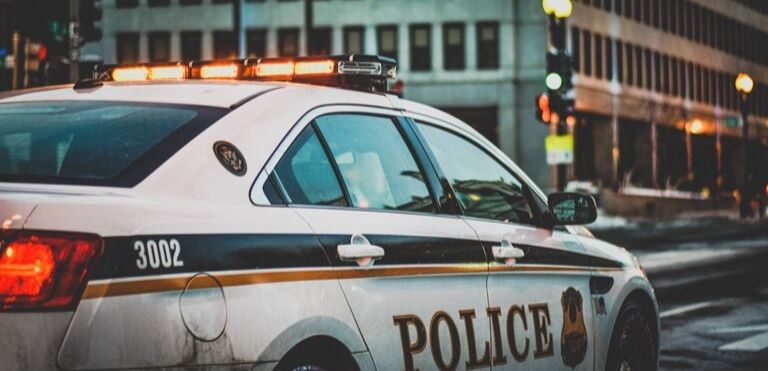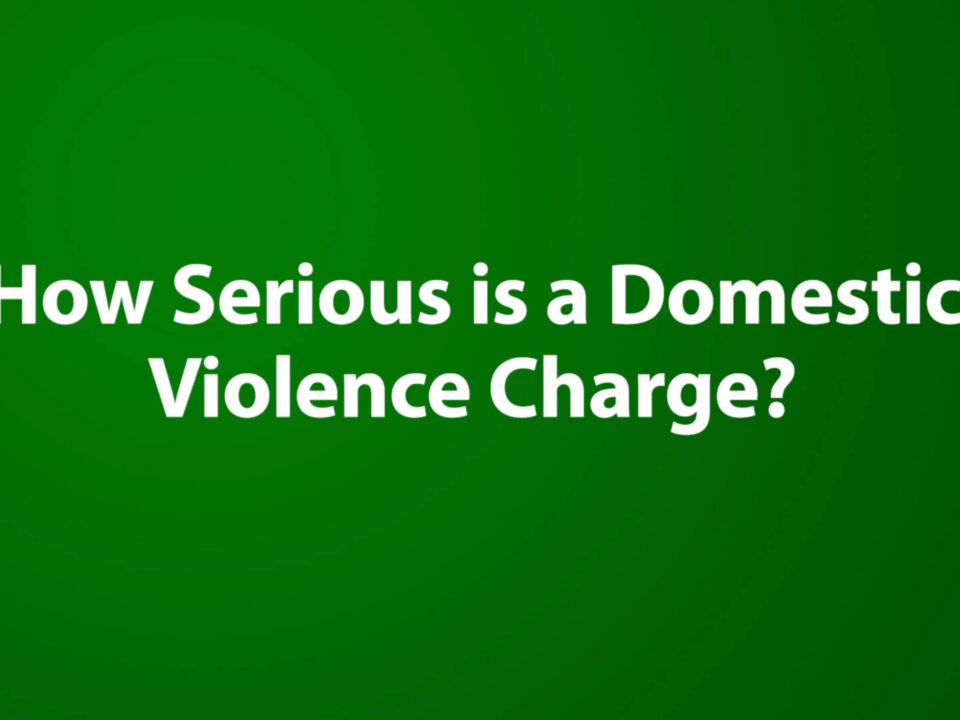
Many people wonder if they are required to identify themselves to the police if asked, and the answer . . . is complicated. The Supreme Court has found that a state’s statutes can require a subject who is being questioned to provide his or her name in the course of a stop – as long as that stop was based on reasonable suspicion of a crime having been committed. These statutes are known as stop and identify statutes, and the State of North Dakota has one. In other words, if you are stopped by the police under reasonable suspicion of having committed a crime in North Dakota, you must identify yourself if asked to do so – or you could go to jail.
The Role of the Police
We rely upon the police to help keep the peace, to protect our safety, and to treat us all fairly and equally. The police have a job to do, but most of us don’t understand our rights in relation to being stopped by the police. These rights include:
- You have the right to remain silent, and if you wish to exercise this right, you should say so. You will need to identify yourself if asked (in North Dakota).
- You have the right to refuse consent for your car or home to be searched.
- If you are not under arrest, you have the right to leave – if you do leave, you should do so calmly.
- If you are under arrest, you have the right to an attorney, and you should ask for one immediately.
It’s important to note that you have certain constitutional rights regardless of your immigration status. If you believe your rights were violated when you were stopped by the police, jot down the details and discuss them with an experienced Fargo criminal defense attorney.
In addition to these rights, you have important responsibilities, including:
- The responsibility of remaining calm and treating the officer who stops you respectfully and politely
- The responsibility not to interfere with or to obstruct the officer who stops you
- The responsibility not to lie or to provide false documents to the officer who stops you
North Dakota’s Stop and Identify Statute
In North Dakota, a police officer is allowed to stop anyone in a public place whom he or she reasonably suspects is committing a crime, has committed a crime, or is about to commit a crime. Such crimes can be any felony, a concealed or dangerous weapon misdemeanor, a burglary or unlawful entry, or a violation involving illegal drugs. During the course of this stop, if the officer asks you to identify yourself, you are required to do so.
If You Are Stopped by the Police
If the police stop you under reasonable suspicion of having been involved in a crime, there are certain things that you can do to help keep the situation as nonthreatening as possible.
For example:
- If you are in a public place, stay calm, don’t run, don’t argue, and don’t resist the stop or obstruct the officer’s investigation. Even if your rights are in violation, keep your hands where the police can see them at all times (for your own safety). Ask if you are under arrest, and if you aren’t, you are free to walk away quietly. If you are under arrest, you have the right to know what you are being arrested for. It is your right to remain silent, and you cannot be punished for doing so. You should, however, tell the officer that you plan on invoking this right. Again, if asked to identify yourself, you must do so. You have the right to refuse a search of your person, but if the officer suspects a weapon, he or she can pat down your clothing, and you should not resist. You do not have to consent, however, to any further searches.
- If you’re stopped while driving, pull over and stop at the first safe opportunity and then turn off your car, turn on your internal light (at night), open your window part way, and place your hands on your steering wheel. When asked, provide the officer with your ID, proof of insurance, and car registration. You do not have to consent to a search of your car, but there are exceptions where he or she can do so without your consent.
It’s a lot, but understanding your rights and responsibilities as they relate to being stopped by the police can help make the experience less harrowing.
If You’ve Been Accused of a Crime, Consult with a Knowledgeable Fargo Criminal Defense Attorney Today
In North Dakota, you are required to identify yourself if asked to do so when stopped by the police. If this leads to you being charged with a crime, attorney Tatum O’Brien at O’Keeffe O’Brien Lyson Attorneys in Fargo has the experience to help you. For more information, please email Tatum O’Brien or give us a call at 701-235-8000 or 877-235-8002 (toll-free) today.



